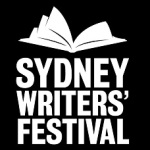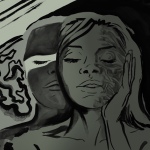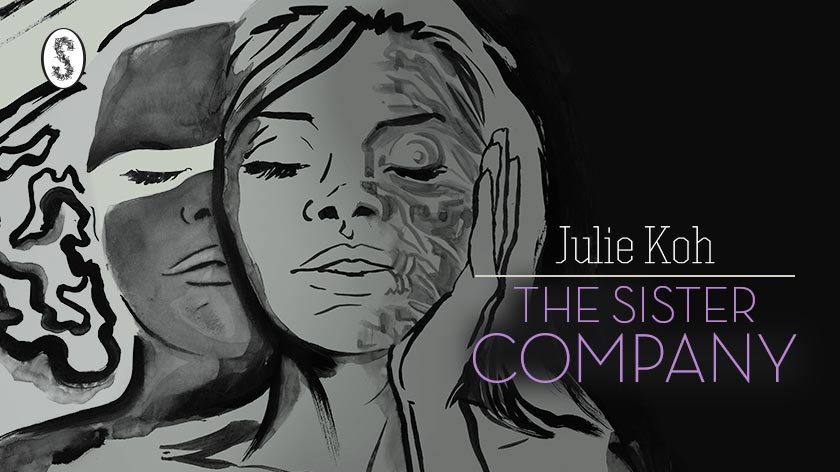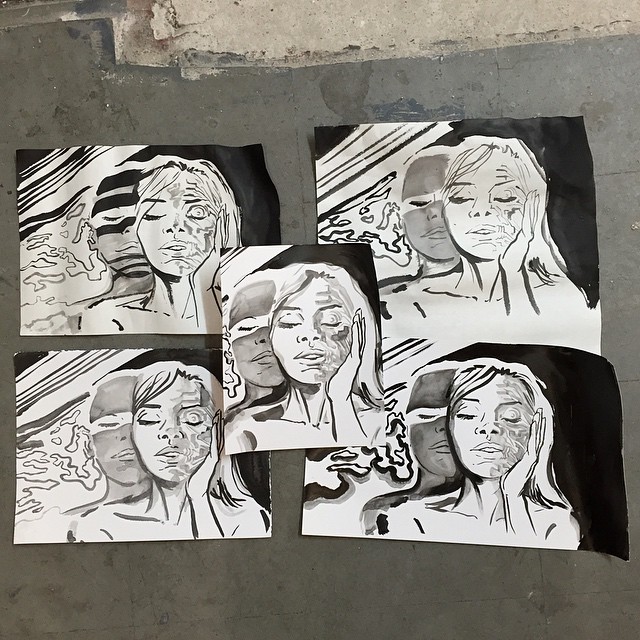-
April 19, 2015
i don’t know what to say or if i should hug her
Queensland writer and fellow Sleepers Almanac contributor, Luke Thomas, wrote this great blog post on whether we read enough fiction by women.
-
April 15, 2015
capital misfits
My capsule short story collection, Capital Misfits, is out now with Spineless Wonders in ebook format. “A woman arrives on the seventh floor of Heaven, only to discover it is a trading floor where the dead swap their karma before rebirth. In a Sydney laboratory, a vagrant participates in cosmeceutical trials in return for a Rolex […]
-
March 27, 2015
18 may: sydney writers’ festival: little fictions
My capsule short story collection, Capital Misfits, will be out with Spineless Wonders in late April. The first story in that collection, ‘The Trading Floor in Heaven’, will feature at the Sydney Writers’ Festival’s Little Fictions event on 18 May. The story will be read by actor Lauren Hamilton Neill. The night will also feature shorts by others […]
-
February 24, 2015
excerpt: the sister company
Orla had been doing well in the session up until the point where the young Thai masseuse who called herself Rabbit asked her to sit up and cross her legs. Orla did as she was told. Rabbit squatted behind her and began digging her elbow into the back of Orla’s shoulder. Orla held the towel […]
-
February 22, 2015
the centre
“The center of a novel is a profound opinion or insight about life, a deeply embedded point of mystery, whether real or imagined. Novelists write in order to investigate this locus, to discover its implications, and we are aware that novels are read in the same spirit. When we first imagine a novel, we may consciously think of this secret center and know that we are writing for its sake—but sometimes we may be unaware of it.
…
The center of the novel is like a light whose source remains ambiguous but which nonetheless illuminates the whole forest—every tree, every path, the clearings we have left behind, the glades we are heading toward, the thorny bushes, and the darkest, most impenetrable undergrowth.
…
Both writing and reading a novel require us to integrate all the material that comes from life and from our imagination–the subject, the story, the protagonists, and the details of our personal world–with this light and this center. The ambiguity of their location is never a bad thing; on the contrary, it is a quality we readers demand, for if the center is too obvious and the light too strong, the meaning of the novel is immediately revealed and the act of reading feels repetitive. Reading genre novels–science fiction, crime novels, period fantasies, romance novels–we never ask ourselves the questions Borges asked while reading Moby Dick: What is the real subject? Where is the center? The center of these novels is precisely where we found it before, while reading novels of the same type. Only the adventures, the scenery, the main characters, and the murderers are different. In the genre novel, the profound theme that the narrative must structurally imply remains the same from one book to the next. Apart from the works of a few creative writers like Stanislaw Lem and Philip K. Dick in science fiction, Patricia Highsmith in thrillers and murder mysteries, and John Le Carré in espionage fiction, genre novels do not inspire us with any urge to seek the center at all. It is for this reason that writers of such novels add a new element of suspense and intrigue to their story every few pages. On the other hand, because we are not drained by the constant effort of asking basic questions about the meaning of life, we feel comfortable and safe when reading genre novels.
In fact, the reason we read such novels is to feel the peace and security of being at home, where everything is familiar and in its accustomed place. The reason we turn to literary novels, great novels, where we search for guidance and wisdom that might confer meaning on life, is that we fail to feel at home in the world. To make this claim is to establish, as Schiller does, a relationship between a psychological state and a literary form. Modern man reads and needs novels in order to feel at home in the world, because his relationship to the universe he lives in has been damaged–and in this sense, he has made the transition from naïveté to sentimentality. For psychological reasons, when I was young I felt a strong need to read novels, as well as works of metaphysics, philosophy, and religion. I’ll never forget the novels I read in my twenties, feverishly seeking their centers as if this were a matter of life or death. Not only because I was searching for the meaning of life, but also because I was inventing and refining my view of the world, my ethical sensibility, using the insights I gleaned from the novels of such masters as Tolstoy, Stendhal, Proust, Mann, Dostoyevsky, and Woolf.”
— Orhan Pamuk, The Naive and the Sentimental Novelist: The Charles Eliot Norton Lectures, transl. Nazim Dikbaş, Kindle Edition, e-penguin / Hamish Hamilton, 2011.
-
autobiography
“Is my work autobiographical? In a sense, how could it not be? Every work, including the epic, is in some way autobiographical. In the Iliad we consider the destiny of two alliances, of a city, of two armies, but we also consider the destiny of Achilles and Priam and Hector, and all these characters, these individual voices, reflect the voice, the solitude, of the author.”
— Roberto Bolaño, interview in Bomb, Winter 2002.
-
January 29, 2015
lorin stein on editing
“Do you recall your first editing project?
I do. Did you see the movie Wonder Boys?
No.
Well, the movie and the book revolve around a professor of creative writing, played by Michael Douglas, who has this two-thousand-page novel he’s been working on for many years. In the last scene of the movie, the wind picks it up and blows it away. But in real life, that novel was sent to FSG. And I ended up editing it. It’s called The Honeymooners, by Chuck Kinder.
Chuck was very gentle with me, but in general if I could go back and do it again, not specifically Chuck’s book but all of them from the early time, I would be less sure of my judgments. Not judgments of what I like, not that I would edit less. But I realized later on that every strong editorial feeling I’ve ever had, every fight I’ve ever had over an editorial question, after enough time I didn’t think I was really right. That has been true, always. Once you begin arguing about an editorial question, there will come a time when you look back and think that you weren’t right. I wish for the sake of some of the books and some of the people I worked with, that I had known that.
Do you think the way you work changed over time?
Yes, I know it did. Nowadays, if I find myself in disagreement with a writer, I partly know that given enough time, I will end up agreeing with the writer.
And does that guide how you edit now?
I hope so. Of course, in the heat of the moment, you still get bossy and wrong.”
— Lorin Stein with Astri von Arbin Ahlander, ‘People Wear Khakis’, MFA vs NYC: The Two Cultures of American Fiction, ed. Chad Harbach, n+1/Faber and Faber, New York, 2014, pp. 162-163.
March 25, 2015
colin the dog’s fabulous midnight adventure and another story
This is the 2011 film adaptation of a short story I wrote when I was 17.
Screened at the St Kilda Film Festival and the Good Dog! International Film Festival.




 View gallery »
View gallery »
 View gallery »
View gallery »